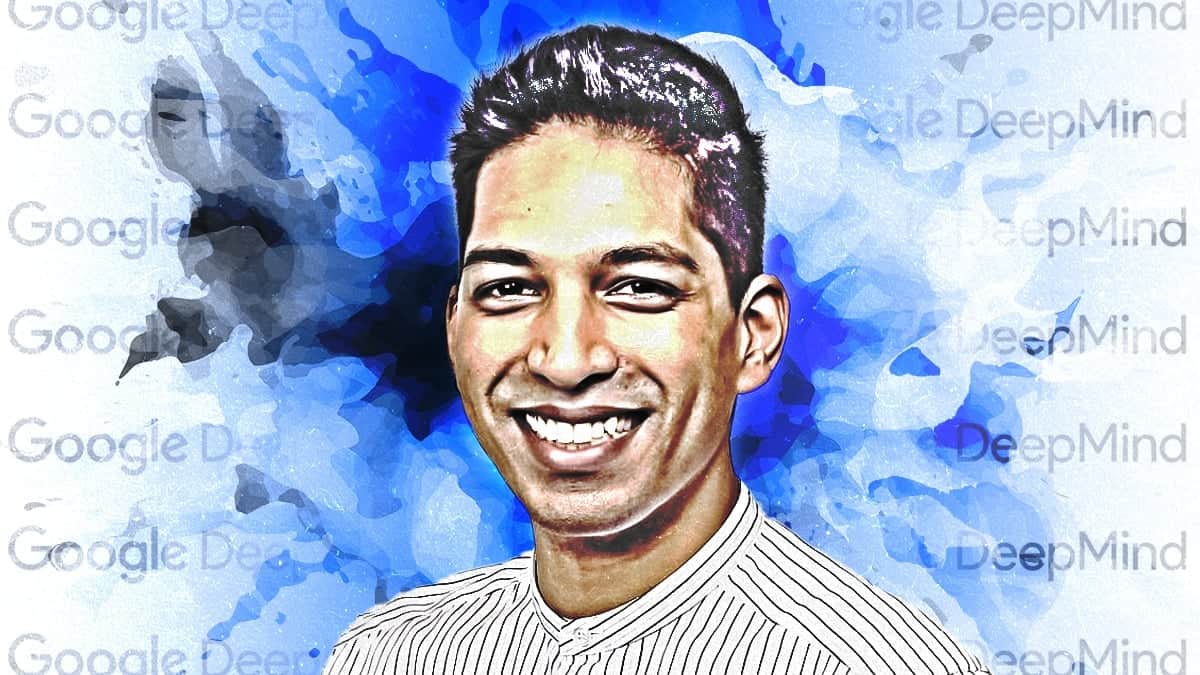Views: 120
Shakir Mohamed has become one of South Africa’s most influential figures in artificial intelligence (AI), combining deep technical expertise with a vision for socially conscious technology. A PhD graduate of the University of Cambridge and now a Research Director at Google DeepMind, Mohamed is recognized globally for his pioneering work in machine learning, Bayesian statistics, and sociotechnical AI.
Early Life and Academic Brilliance
Mohamed’s path to the top echelons of AI began at the University of the Witwatersrand (Wits), where he studied Electrical and Information Engineering. His exceptional academic performance earned him multiple accolades, including:
-
Chancellor’s Medal
-
Bernard Price Prize in Electrical Engineering
-
Dr. D. L. Bernstein Award
-
Schneider Automation Student Award
-
Altech Electronic Engineering Medal
Graduating with distinction in 2005, Mohamed also received the prestigious SAIMM Gold Medal, awarded for papers of international standard.
From Banking to Breakthrough AI
After university, Mohamed briefly worked as a business analyst at Nedbank, performing credit risk analysis for retail home loans. But his ambitions lay elsewhere — in the burgeoning field of machine learning.
In pursuit of advanced research, he moved to the UK to complete a PhD in statistical machine learning at Cambridge. At the time, machine learning was still a niche subject. “When I was a PhD student, if someone knew what machine learning was, that was amazing,” Mohamed recalled in an interview with Time Magazine. “It would literally make our day.”
His doctorate paved the way for a junior research fellowship at the University of British Columbia in Vancouver, where he worked on neural computation and adaptive perception.
Joining DeepMind at the Ground Floor
In 2013, Mohamed returned to the UK to join DeepMind Technologies as a senior researcher — at a time when it was still a little-known AI startup. Within a year, Google acquired DeepMind for around $600 million, catapulting it into the global spotlight.
Post-acquisition, Mohamed rose to become Research Director, specializing in general-purpose learning algorithms, foundational AI, and AI for healthcare and environmental applications.
Today, according to Google Scholar, Mohamed’s research has been cited over 37,000 times, with nearly 30,000 citations since 2020 alone — reflecting both the depth and relevance of his work. His h-index of 47 underscores his impact in the AI research community.
Championing African AI: The Deep Learning Indaba
In 2017, Mohamed co-founded the Deep Learning Indaba, an annual gathering dedicated to strengthening African participation in AI. The idea was born at an AI conference in Barcelona, where Mohamed and co-founder Ulrich Paquet were struck by the absence of African representation — no research papers from the continent had been submitted to NeurIPS, one of AI’s leading conferences.
Held first at Wits, the Indaba has since grown into a movement that ensures “Africans are owners and shapers of future advances in AI”. It provides mentorship, training, and a platform for African researchers to showcase their work.
A Socially Driven Mission
Mohamed’s research isn’t just about pushing technical boundaries — it’s about aligning AI with human needs. His projects often address climate, healthcare, and societal equity, particularly in African contexts.
For instance, he has highlighted how weather prediction models are up to 25% less accurate for African countries compared to developed regions — a disparity with major implications for disaster preparedness and agriculture. His work aims to close such gaps through contextually aware AI systems.
Recognition and Influence
In 2023, Time Magazine named Mohamed among the Top 100 Most Influential People in AI, in the “Thinkers” category, alongside DeepMind co-founder Shane Legg and other leading figures.
Despite global acclaim, Mohamed remains rooted in his mission:
“My personal mission is to work on machine learning that has a social purpose. Without proper representation from people all over the world, new technologies like AI can easily cause harm.”
Legacy in the Making
From his groundbreaking research to his advocacy for inclusive AI, Mohamed represents a new wave of scientists who blend technical excellence with social responsibility. As AI reshapes industries and societies, his work ensures that Africa — and the Global South — have a seat at the table shaping the technology’s future.
Key Facts
-
Current Role: Research Director, Google DeepMind
-
Notable Initiative: Co-founder of Deep Learning Indaba
-
Research Areas: Machine Learning, Bayesian Statistics, Deep Learning, Sociotechnical AI
-
Citations (Google Scholar): 37,236+
-
Education: PhD, University of Cambridge; BEng, University of Witwatersrand (Distinction)
-
Awards: SAIMM Gold Medal, Chancellor’s Medal, Bernard Price Prize, among others

